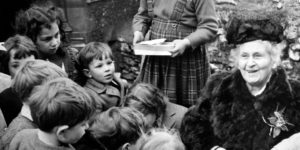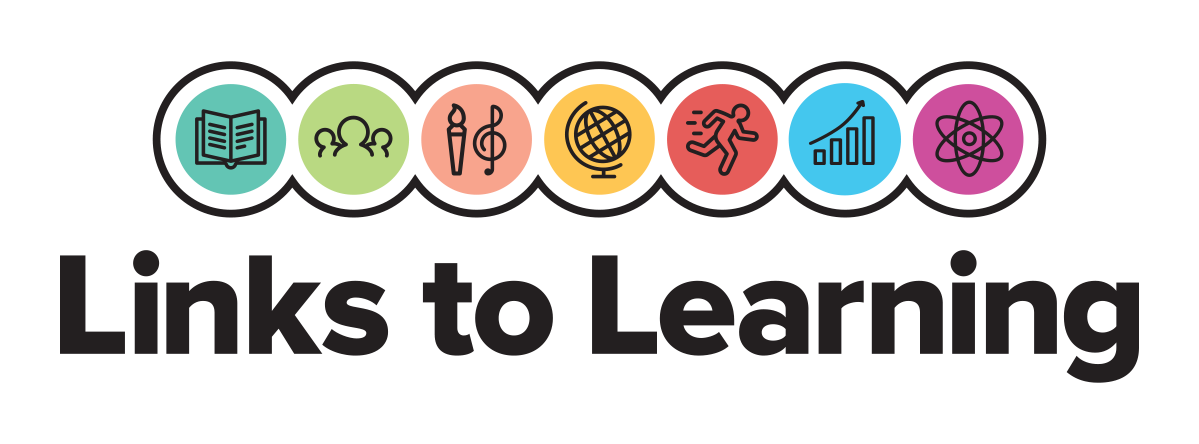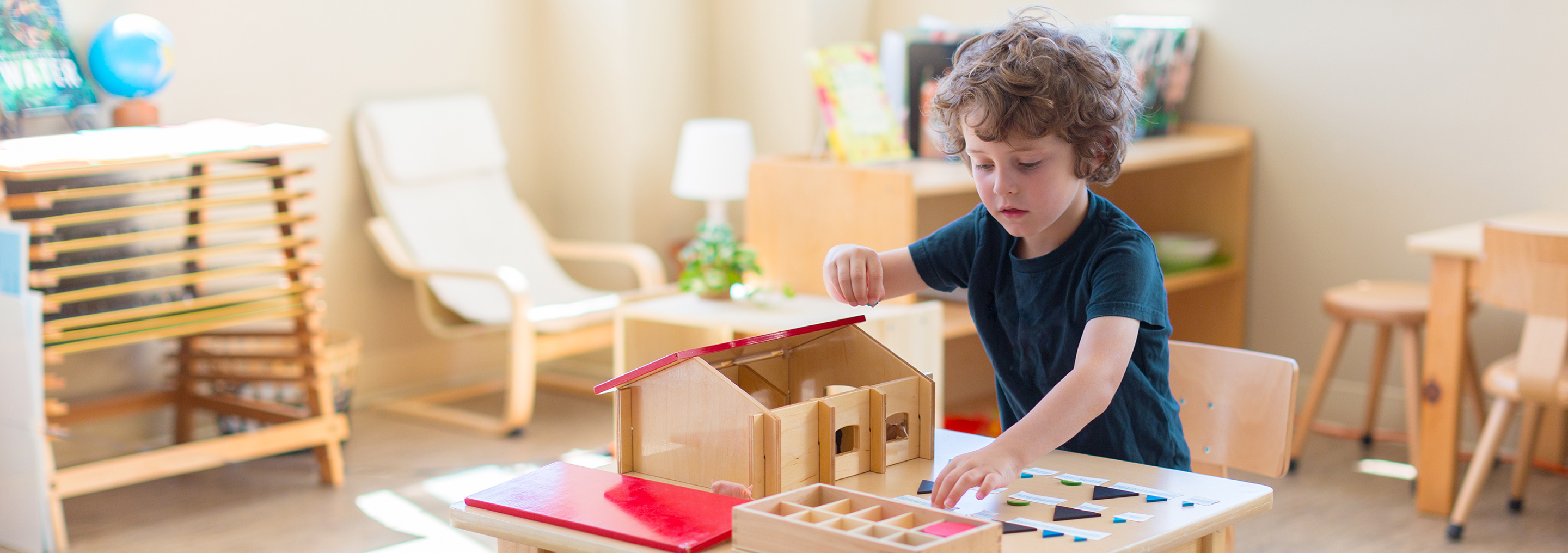
Though the relatively new acronym DEI (Diversity, Equity, Inclusion) never appears in Dr. Montessori’s writings, it is the very foundation of her philosophy of peace education.
The Classroom
In a Montessori environment, children are not forced to learn in a specific way or denied the opportunity to be their authentic selves. This supportive learning community provides assistance where needed, and allows children to develop relationships in the classroom community built on mutual trust and care for one another – across a wide spectrum of human diversity.
The Pedagogy
Equity is at the very heart of Montessori pedagogy. Dr. Montessori understood that education holds the key to supporting the child’s appreciation of the world we live in and the creation of a global citizen. This appreciation at the preschool level is fostered by sharing folk songs, relevant stories, and perhaps an invitation to a family that will introduce food, dance, or other items from their country of origin, that would pique the children’s curiosity. Holiday celebrations that mirror the diversity of the classroom are shared, often with inviting visual displays and projects that the students have prepared. At the Elementary and Middle School level, students may research a geographical area and deep dive into its history and culture. They may study the Timeline of Civilizations or work on a project rooted in social justice or community service. The Montessori pedagogy embraces student-centered learning, collaboration, and culturally responsive, inclusive practices. The prepared environment provides many opportunities for the deepening of cultural awareness, the creation of richly diverse communities, and the development of the child’s ability to advocate for social change.
The Guide
“… we must be humble and root out the prejudices lurking in our hearts. We must not suppress those traits which can help us in our teaching. We must check those inner attitudes and characteristics of adults that can hinder our understanding of the child.” ~Dr. Maria Montessori
A Montessori Guide (teacher) is continually encouraged to do several things:
- Develop an awareness of self and an understanding of the unconscious mind, both through a variety of self-reflective practices and the questioning of their own habits and behavior patterns
- Continually adapt to meet the needs of all children in their care
- Encourage honest conversations with varying perspectives to increase the experiences of inclusivity, value, and belonging
Through these efforts, Montessori Guides adapt their practice to meet the needs of all children, expanding intentional teaching practices to implement structures that support a variety of learning styles and/or physical abilities.
By bringing the world to the children in the form of a prepared environment, the core principles of the Montessori pedagogy, and the inner preparation of the Guide, we share the interconnectedness of all things. We offer the child the means to think critically, develop empathy, and move through this world with passion and purpose. Each new generation brings renewed hope for peace and the potential to create a more just society that is deeply anchored in love, which Dr. Montessori called, “…the internal sense which lies at the root of life”.



Equity and Inclusion in the Montessori Classroom